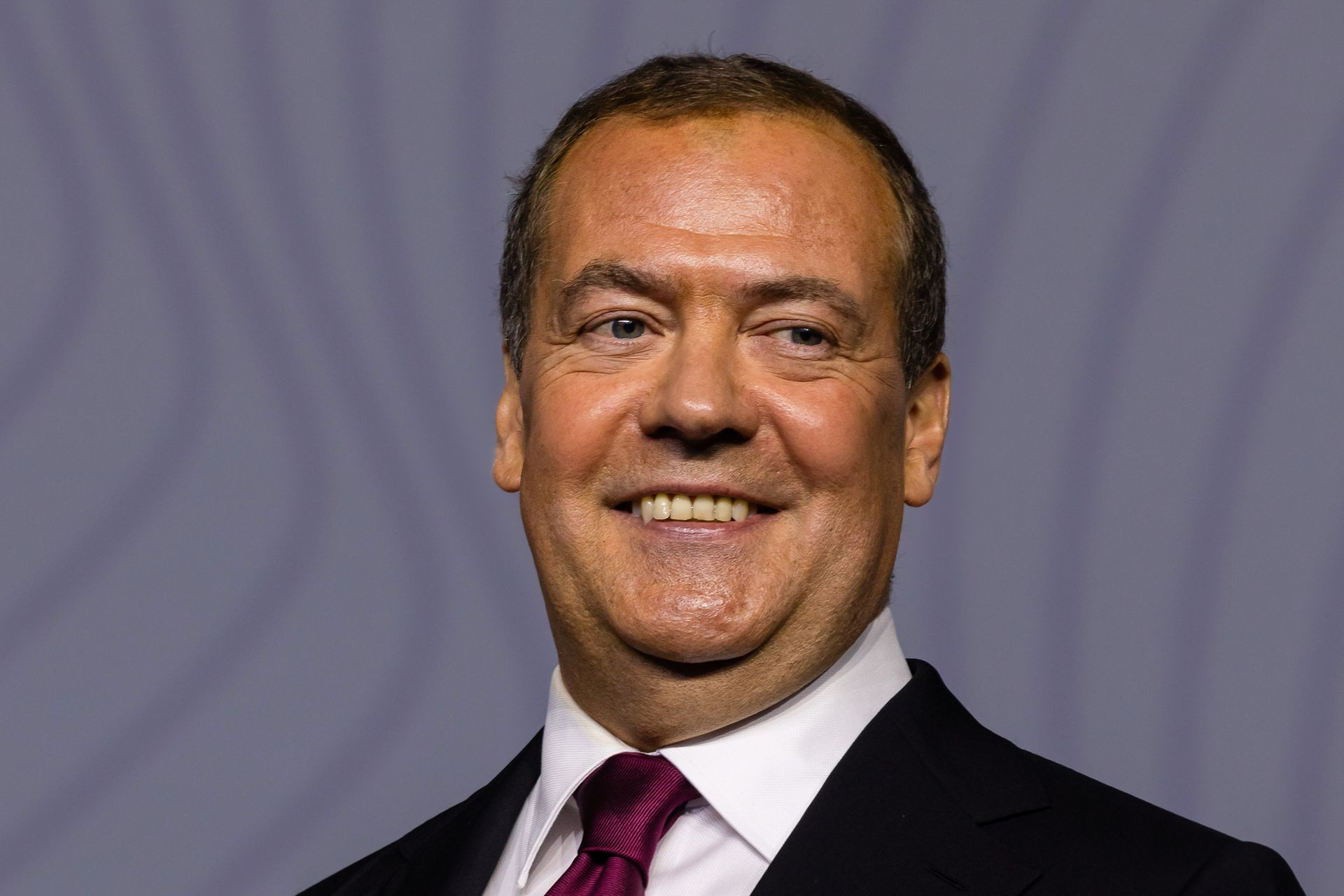US, Russia discussed Ukraine war this week but made no progress, Rubio says

The United States held new talks with Russian officials earlier this week, but they had "no progress" toward ending the war in Ukraine, U.S. Secretary of State Marco Rubio said in an interview Fox News Radio on July 31.
Rubio said the discussions took place Monday or Tuesday and involved "some of Putin's top people," but not the Russian president himself. The talks were aimed at finding a path toward a ceasefire and peace deal before the Aug. 8 deadline set by U.S. President Donald Trump earlier.
"We've not seen any progress on that," Rubio said. "What bothers the president the most is he has these great phone calls where everyone sort of claims, 'we'd like to see this end...' And then he turns on the news and another city's been bombed.”
Since Trump imposed the new deadline for Russia, Moscow has attacked numerous cities across Ukraine. The latest attack on Kyiv overnight on July 31 killed at least 15, and injured — 135.
Trump has pushed for a peace deal by next week, threatening new tariffs if Russia does not halt its invasion. The president warned that U.S. sanctions would target countries that continue trading with Russia, especially major oil buyers like India and China.
"Ten days from today. And then we're gonna put on tariffs and stuff," Trump said on July 29. "I don't know if it’s gonna affect Russia, because he (Russian President Vladimir Putin) wants to obviously probably keep the war going, but we're gonna put tariffs and various things."
Rubio said Trump's administration still hopes to avoid additional economic pressure but is preparing for a scenario in which diplomacy fails. Among the options being considered, he said, are secondary sanctions on Russian oil exports and sectoral banking restrictions.
"The best path forward is to have the shooting stop and the talking start," Rubio said. "But so far there's not been, what we feel at least, sincere interest on the Russian side in achieving that objective."
Rubio also dismissed recent threats from former Russian President Dmitry Medvedev, who accused the U.S. of pushing the world toward direct confrontation.
"He's not a relevant player in Russian politics," Rubio said. "He's not a decision-maker... He's certainly someone in an official position in Russia who's saying things that, you know, are inflammatory, but that's ok. I don't think that's going to be a factor one way or the other."
When asked whether Russia could militarily confront the U.S., Rubio called the scenario "unfathomable," citing both countries' vast nuclear arsenals and the risk of miscalculation.
"Russia could not take on the United States, or frankly many of the countries in Europe, for that matter. I think they would struggle. They struggled with Ukraine — who now has the largest army in Europe, but at the time of the invasion did not," Rubio said.












